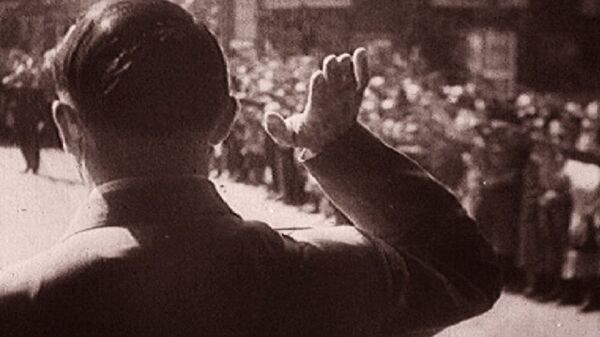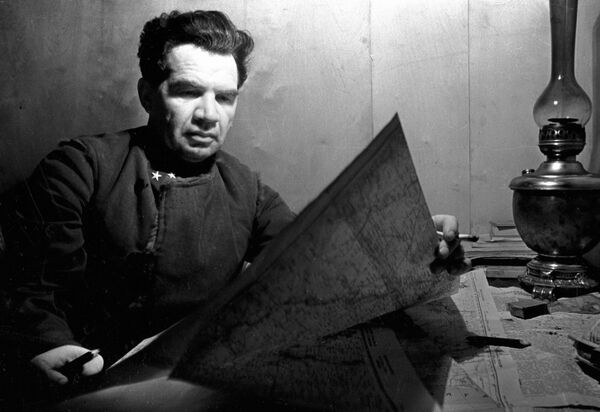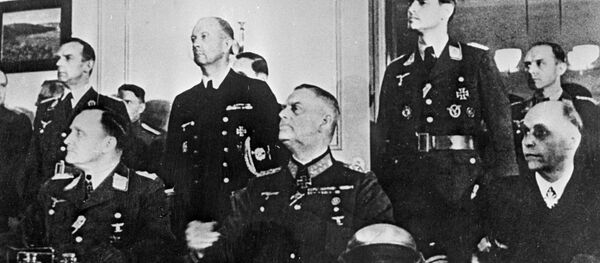At 4 am on May 1, a group of Wehrmacht officers with white flags appeared before Commander Vasily Chuikov's 8th Guards Army, requesting a meeting with OKH Chief of Staff Hans Krebs, who claimed to have an extremely important message to deliver. Signed by Nazi Party chief Martin Bormann and propaganda chief Joseph Goebbels, the message, addressed directly to Stalin, read:
"Berlin. April 30, 1945. The Imperial Chancery. Message. We authorize Army Chief of Staff General Hans Krebs to deliver the following message: 'I inform the leader of the Soviet peoples, as the first of non-Germans, that today, on April 30, 1945, at 3:50 pm, the leader of the German people Adolf Hitler committed suicide.'"
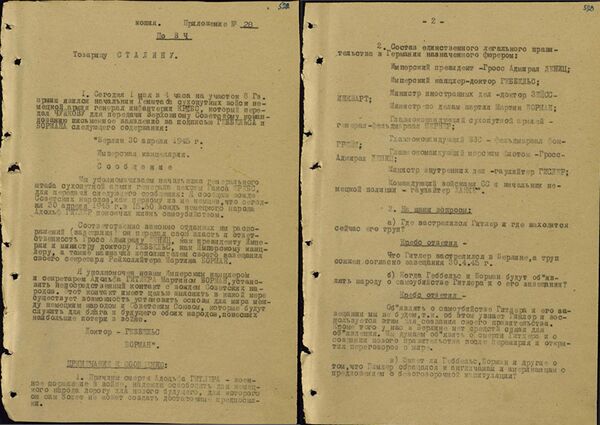
The unusually cordial tone of the message, given the Nazis' previous efforts to murder and enslave the 'untermensch' (subhuman) 'masses from the East', was not the result of any change of heart. Rather, the Nazi bonzes were looking to end the war through peace negotiations. The document states that Goebbels and Bormann were looking "to clarify to what extent it is possible to establish the basis for peace between the German people and the Soviet Union, which will serve to the benefit of both peoples suffering the greatest losses in the war."
Chuikov's talks with Krebs lasted five hours, with the Soviet commander inquiring about the circumstances of Hitler's death. The response was that the Fuhrer had killed himself in Berlin, and that his corpse was burned in accordance with his will. Chuikov was also told that Goebbels, the new leader of the Third Reich, did not intend to announce Hitler's death to the German people for political reasons, fearing that Reichsfuhrer Heinrich Himmler would use the news to form his own government.
Himmler had had a falling out with the Fuhrer in the last month of the war amid rumors of secret negotiations between the Reichsfuhrer and representatives of the Western allies. On April 29, 1945, a day before committing suicide, Hitler stripped Himmler of his membership in the Nazi Party.
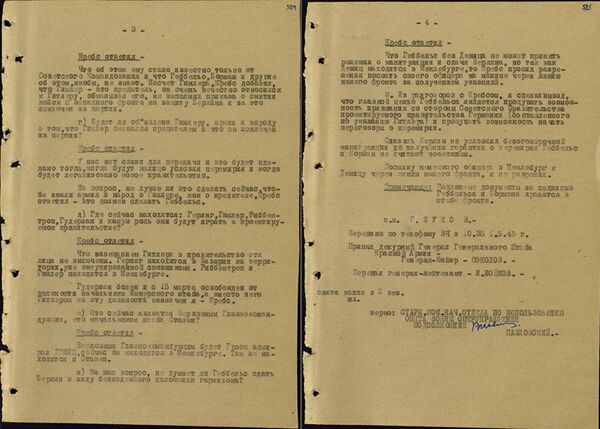
Krebs' mission failed. Soviet command flatly refused to negotiate, saying it wouldn't accept anything less than unconditional surrender. The same day, Goebbels responded, refusing to agree to the capitulation of the Berlin garrison. At 10 pm, Goebbels and his wife committed suicide, taking their six children with them. The same night, General Krebs too committed suicide in the Fuhrerbunker. Bormann was killed attempting to break out of the Soviet encirclement. Berlin surrendered on May 2. Himmler would live on until May 23, taking a fatal dose of cyanide while being interrogated at a British POW camp, where he had attempted to disguise himself as one sergeant Heinrich Hizinger.
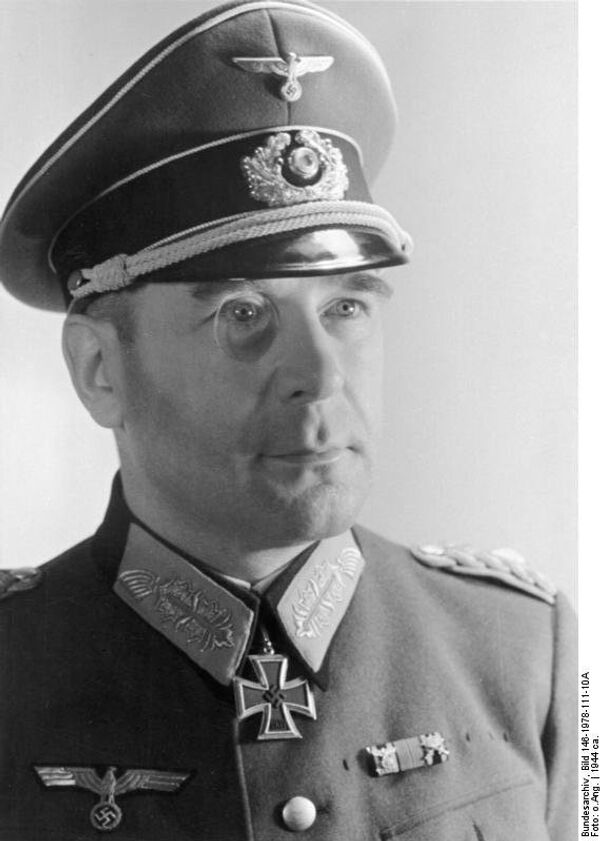
Stalin learned about Hitler's death immediately after Krebs arrived at the Soviet headquarters. Marshal Georgy Zhukov later confirmed that Stalin asked Krebs questions directly in messages passed on between himself and Chuikov.
Soviet archives made public after the USSR's collapse revealed that Hitler's remains were exhumed and reburied repeatedly, for the last time in April 1970, when the KGB exhumed boxes at a SMERSH facility in Magdeburg and destroyed them. The remains of a lower jaw with dental work found by the Red Army on May 5, 1945 confirmed that the remains really did belong to Hitler.
